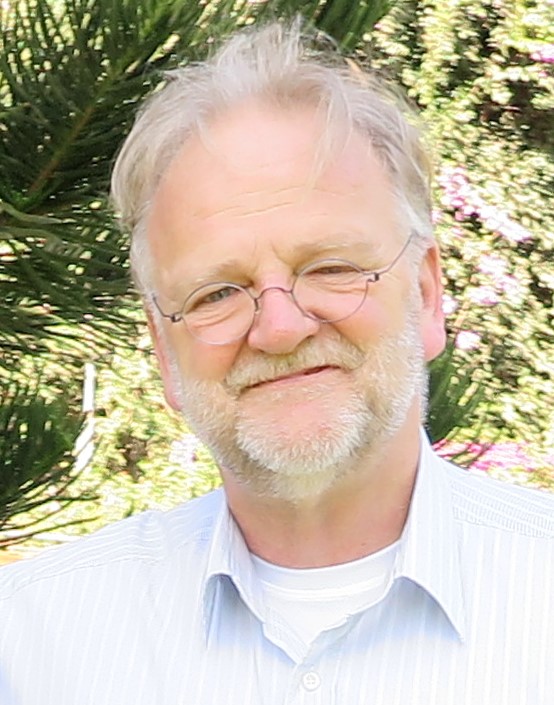For the Dutch financed Nuffic project(see for more info our previous blogs), the Kenyan team successfully organised a workshop for stake holders of the school for Water Resource Management & Irrigation (WRMI) and Aquaculture. September last year Q-Point’ s consultant/specialist on rural development and Gender Mainstreaming Ir. Olivia Ansenk instructed the SEKU project team and other staff members of the school of water (short title of above mentioned full name) on the methodology of the assessment. The SEKU project team consisting of dr. Romulus Abila project leader from Kenyan side, dr. 
Muendo, and dr. Moses Mwangi coordinated the staff performing the interviews. In total 50 Stakeholder organisations in the WRMI and 28 in the Aquaculture were visited for the assessment. April this year the results were analysed by Q-point and drafted in a report. Prior to publication the findings were presented by Victor Volkers, Moses Mwangi and Patricia Muendo during last week’ s workshop to a delegation of all stakeholders.The most eye-catching response from the stakeholders in the sectors is that the recent graduates lack exposure to the business and institutes. They are not practical enough, lack communication skills and the ability for hands-on behaviour in practical situation. Also the understanding of local community issues, conflict handling and problem solving skills to find durable solutions, are not satisfying.  In two simultaneous sessions the aquaculture and WRMI group discussed the findings and made suggestions on how to improve the methodology and curriculum of the school of water. The groups also came op with practical solutions for the issues raised in the report; f.i. to cooperate in students internships, guest lectures, exposure visits and suggestions for applied research. The remarks the stake had are being covered in the proceedings of the workshop and the final report. Publication in a leading education magazine is due for June. In this blog you will be informed about the final details of the publication if you are interested. A few findings I can reveal already here derived from the overall conclusions made by the Dean dr. Johnson Kiga.The school should and will seek close cooperation with institutions in the water management sector and private sector as far as Aquaculture is concerned.
In two simultaneous sessions the aquaculture and WRMI group discussed the findings and made suggestions on how to improve the methodology and curriculum of the school of water. The groups also came op with practical solutions for the issues raised in the report; f.i. to cooperate in students internships, guest lectures, exposure visits and suggestions for applied research. The remarks the stake had are being covered in the proceedings of the workshop and the final report. Publication in a leading education magazine is due for June. In this blog you will be informed about the final details of the publication if you are interested. A few findings I can reveal already here derived from the overall conclusions made by the Dean dr. Johnson Kiga.The school should and will seek close cooperation with institutions in the water management sector and private sector as far as Aquaculture is concerned.
The practical stage should be prolonged the time now is just not enough to experience a proper exposure to the practice. Student centred approach and problem based learning (PBL) are methods to be implemented in the new curricula. Experiences with this new curricula will be used to extend to the other courses and programs on the school of water and other faculties of SEKU.
Finally from this position I would like to thank and congratulate the organisers of the workshop for the achieved results. Can I say this without having seen anything happening in practice? yes because an important milestone has already been achieved. During the workshop policymakers, the private sector and science have met, leading to creativity understanding and network contacts for an intensified cooperation which can only be helping the sector to prepare for a brighter future fulfilling the demands of the Kenya 2030 policy. To end with SEKU’s Motto: “from Arid to Green”.

The Aquaculture sector stakeholder group.





































 Helping people to make a difference!
Helping people to make a difference!